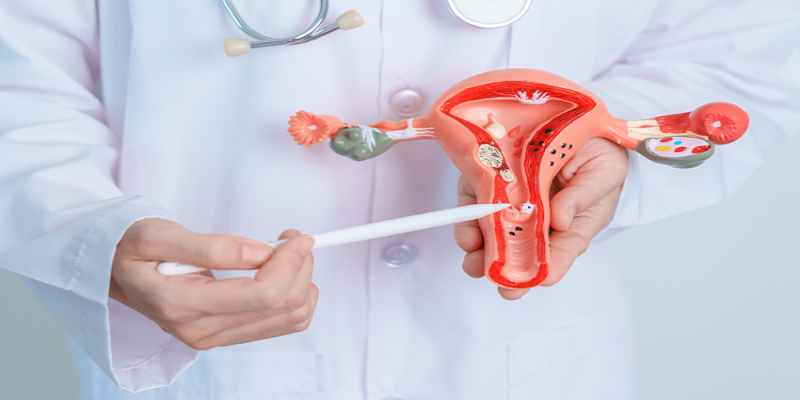Fibroids are growths that develop in or around the uterus and may appear during reproductive years. While they are usually benign, fibroids can cause health problems if not treated. Understanding these potential long-term effects can help you make better decisions about your treatment and care. Here’s more information about their long-term effects:
What Are Fibroids?
Fibroids are made up of muscle and fibrous tissue. Their size and location can vary widely, from tiny growths that are barely noticeable to larger ones that can change the shape of the uterus. These growths may develop during a woman’s childbearing years and are influenced by hormones like estrogen and progesterone.
Some women have no symptoms at all, while others may experience heavy periods, pelvic pain, or frequent urination. If left untreated, they can lead to more serious issues over time. Therefore, early evaluation is important to help reduce potential risks.
Do They Affect Fertility?
For those trying to conceive, fibroids can sometimes cause complications. Depending on their size and location, these growths may interfere with implantation or the growth of a pregnancy. Submucosal fibroids bulge into the uterine cavity and are more likely to disrupt conception than other types.
Non-surgical treatments, such as hormone-based therapies, may also provide relief, though they might not be suitable for everyone. Talking with a healthcare provider about these options can help determine the best approach to protect fertility. Potential effects of fibroids on fertility include:
- Difficulty with implantation
- Increased risk of miscarriage
- Complications during childbirth
Addressing fibroids early can help many women overcome reproductive challenges caused by these growths.
What Long-Term Symptoms Emerge?
Fibroids can cause persistent symptoms that affect your quality of life, even beyond reproductive concerns. One issue is heavy or prolonged menstrual bleeding, which over time can lead to iron-deficiency anemia, causing fatigue and weakness. Pelvic pain is also frequent, ranging from mild discomfort to severe cramps.
Larger fibroids may press against nearby organs, resulting in urinary frequency or constipation. While these symptoms are not life-threatening, they can disrupt your daily routine and overall well-being. Various treatment options are available, including medications, lifestyle changes, and surgery, tailored to meet individual needs and circumstances.
Do Fibroids Affect Organ Health?
Fibroids, especially large ones, can physically affect nearby organs. When they grow outward, they may press against the bladder or bowel, causing increased urinary urgency or difficulty passing stool.
In rare cases, untreated growths can lead to complications. These potential issues highlight the need for regular check-ups to monitor growth. Lifestyle changes, dietary adjustments, or targeted treatments can help reduce pressure on affected organs, improving their function. Possible effects on organs include:
- Frequent urination due to bladder compression
- Constipation caused by bowel interference
- Kidney swelling from blockages
Proactive management can support organ health and enhance comfort for those with fibroids.
How Is Overall Health Affected?
The long-term impact of fibroids goes beyond physical symptoms, influencing emotional and mental health. Ongoing pain related to these growths or the stress of managing persistent symptoms can affect mood and resilience. Simple adjustments like prioritizing rest and hydration can reduce difficulties, while professional support aims for greater stability. Working with healthcare providers provides access to treatment plans tailored to living with fibroids.





